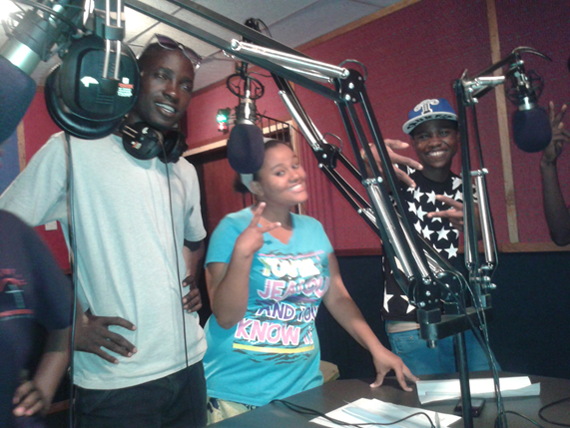
Arts and Communication for Local Governance in Zimbabwe
Between 2013 and 2015 in depth support was provided to Kariba Municipality, Kadoma City Council, Chinhoyi Municipality and Gweru City Council in Zimbabwe to build relations between residents and local authorities.
Due to the collapse of the economy in Zimbabwe between 2001 and 2008, revenues of the central government and local authorities decreased to a trickle and dramatic deterioration of the services ensued: health, education, water supply and sanitation, solid waste collection deteriorated. Frequent power cuts added to difficulties and water supply, sanitation services and solid waste collection in many places fell to around 30% of design capacity.
By the end of 2008, lack of the needed resources to run the services (electricity, tools, spare parts, transport, chemicals) and to maintain the collapsing infrastructure (broken pumps, leaking water and sewerage pipes) limited the provision of safe drinking water, the safe disposal and treatment of sewage as well as the adequate collection and disposal of solid waste. This led to the rampant cholera outbreak during the 2008/09 rainy season.
 In addition to poor service delivery, good local governance is bedeviled by corruption and political interference. Participation in local governance depends upon trust, and a Local Authority’s reputation amongst residents is shaped by the level of accountability and the extent to which it delivers on the service charter. In 2005, trust in Local Authorities was entirely eroded by the destruction and demolition of ‘shanty-towns’ in high density suburbs during ‘Operation Murambatsvina’ or Operation Restore Order. It was in this shadow, that we embarked on a communication strategy to begin building relations between Local Authorities and residents:
In addition to poor service delivery, good local governance is bedeviled by corruption and political interference. Participation in local governance depends upon trust, and a Local Authority’s reputation amongst residents is shaped by the level of accountability and the extent to which it delivers on the service charter. In 2005, trust in Local Authorities was entirely eroded by the destruction and demolition of ‘shanty-towns’ in high density suburbs during ‘Operation Murambatsvina’ or Operation Restore Order. It was in this shadow, that we embarked on a communication strategy to begin building relations between Local Authorities and residents:
Communication strategy and action
Design and implementation of communication action was facilitated through collaboration with Local Authorities and Residents in target towns and cities. Local organisations, Berina Arts, Patsaka Trust and the Arts Council Chinhoyi and City-wide collaborative campaigns to save water, stop water loss, improve solid waste management, increase knowledge about water systems and sanitation, and increase rate payment had a profound impact on Local Authority reputations.
Interactive communication tools
Radio programming, jingles, in depth IEC and print materials, local media, national media engagement, forum theatre, interactive community dialogue and peace building techniques all worked towards bridging gaps in understanding between LAs and residents. Information on the one hand helped explain what resident rates are used to pay for, and in depth story based processes helped to address underlying issues of mistrust and struggle.
Participatory approach
In each town or city multiple stakeholders at government, local authority, CBO and individual levels were involved. A collaborative approach to programme design and implementation with different interest groups allowed the following processes to involve both residents and Local Authorities in designing and overseeing implementation of:
Issue identification
- Knowledge Attitude Practice mapping
- Message development
- Character development
- Story boarding
- Field testing
- Scripting
- Editing
- Defining training needs, participating in trainings,
- Rehearsal of Forum Theatre or radio plays
- Production of Radio Series
- Facilitation of forum-theatre based public meetings
- Monitoring and evaluation
- Analysis of results
- Reporting
Results
Quantifiably improved participation by residents in local governance,
Increased rate payment
Levels of accountability and trust improved
Click to view reports


